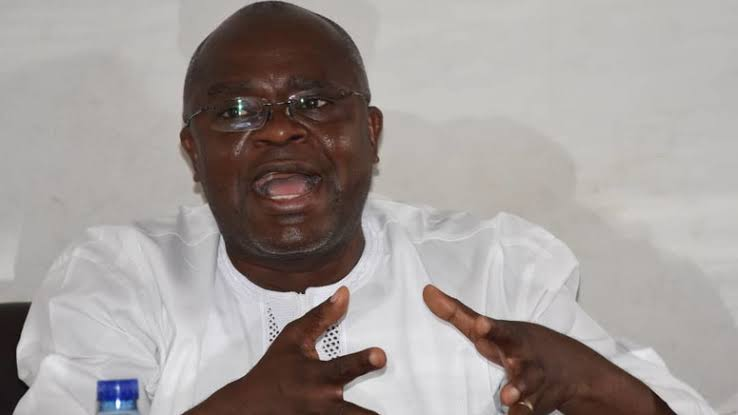Reviving Rail Transport in Nigeria: A Step Towards Economic Growth
The Nigerian Railway Corporation (NRC) is making significant strides in restoring rail services between Kano and Minna, with the goal of resuming full operations before the end of December this year. This initiative is part of a broader strategy to rejuvenate the country’s rail transport system, which has been in decline for several years.
Dr. Kayode Opeifa, the Managing Director of the NRC, announced these developments during an official visit to the Northern District Office in Zaria. He emphasized that the restoration of train services would not only improve transportation but also boost business and economic activities across the regions. The Kano to Zaria axis, Zaria to Kaduna, and Kaduna to Minna routes are expected to benefit significantly from the reactivation of these services.
Enhancing Mobility and Connectivity
According to Dr. Opeifa, the reactivated train services will facilitate smoother movement of both passengers and goods along key routes. This improved connectivity is anticipated to stimulate trade and create new economic opportunities for local communities. The efficient transport of goods and people is essential for the growth of industries and the development of regional economies.
In addition to the service restoration, the NRC plans to upgrade the obsolete equipment within the Northern Regional District. This effort is part of the 2025 capital expenditure plan, aimed at modernizing the railway infrastructure. Dr. Opeifa assured that most of the equipment in the district would be reactivated and made operational before the end of the year, ensuring that the railway system can function effectively.
Collaborative Efforts for Sustainable Development
To further enhance the effectiveness of the railway system, the NRC is planning to partner with the governments of Niger, Kano, and Kaduna states through its “Rail with the States” initiative. This collaboration aims to revive train shuttles on the Minna to Kaduna and Kaduna to Kano routes, which have seen limited activity in recent years.
Moreover, the corporation is set to work closely with the Kaduna State Government to revitalize the railway hospital and provide support to the police and civil defense forces. These efforts are designed to combat vandalism and protect railway tracks and properties, ensuring the safety and security of the infrastructure.
Challenges and Concerns
Despite these positive developments, there are ongoing concerns within the railway sector. Mr. Adewale Rasheed, the Regional District Manager of the Northern District, highlighted that the region, being the largest in terms of size and staff strength, has not yet demonstrated the potential it deserves. This underscores the need for more investment and strategic planning to fully leverage the capabilities of the railway network.
Additionally, the National Union of Railway Workers (NUR), Zaria branch, raised several demands on behalf of the staff. The chairman, Mr. Aminu Abdullahi, pointed out that issues such as promotion arrears for staff from 2018 and stagnation in positions, particularly for gangers, remain unresolved. Some employees have been at the same level for almost a decade without any recognition or advancement.
These challenges highlight the importance of addressing internal management and personnel issues alongside infrastructure development. Ensuring fair treatment and career progression for railway workers is crucial for maintaining a motivated and effective workforce.
Conclusion
The revival of the Kano to Minna train services marks a significant step towards revitalizing Nigeria’s rail transport system. With the focus on enhancing mobility, improving infrastructure, and fostering partnerships, the NRC is laying the groundwork for a more efficient and sustainable railway network. However, addressing the concerns of the workforce and ensuring equitable treatment will be essential for long-term success. As the country continues to invest in its transportation infrastructure, the potential for economic growth and regional development remains promising.







